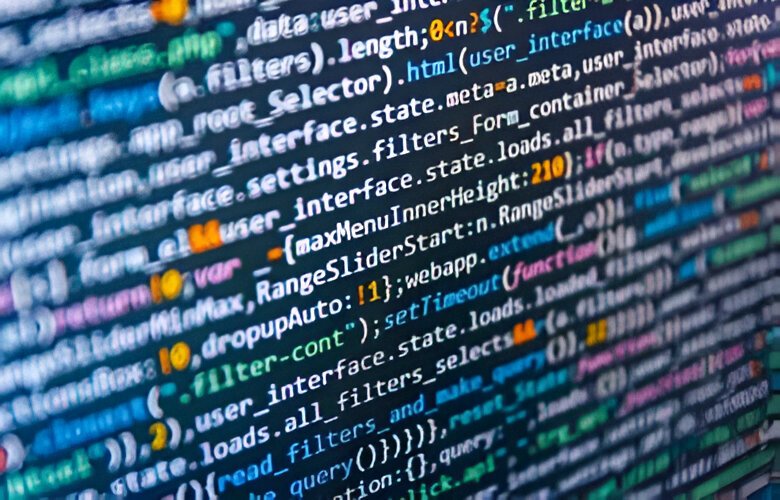Django, the high-level Python web framework, has empowered developers to build robust and scalable web applications. Its intuitive design and vast ecosystem of libraries streamline the development process. However, crafting clean and maintainable code remains paramount for long-term project success. Here, we delve into ten best practices that will elevate your Django development and ensure your codebase remains a joy to work with, even as your project evolves.
- Embrace the MVT Architecture: Django thrives on the Model-View-Template (MVT) architecture. Models define your data structures, views handle request processing, and templates render the user interface. This separation of concerns fosters code clarity and promotes reusability. By adhering to this structure, you create a well-organized foundation for your application.
- Don't Repeat Yourself (DRY): Repetitive code is the enemy of maintainability. Leverage Django's built-in features like template inheritance, model inheritance, and class-based views to minimize redundancy. Consider creating reusable components for common functionalities, such as authentication or user profile management. This keeps your codebase lean and simplifies future modifications.
- Structure is Key: Divide your project into well-defined apps, each focused on a specific feature or functionality. This promotes modularity and makes it easier for developers to navigate and understand different parts of your application. Imagine a sprawling city – well-planned districts make navigating it a breeze!
- Descriptive Naming Conventions: Meaningful names for variables, functions, classes, and apps are crucial. A well-named function like "calculate_total_price" is self-explanatory, reducing the need for excessive comments. Strive for clarity – your code should practically speak for itself!
- PEP 8: Your Formatting Ally: Python's style guide, PEP 8, dictates consistent code formatting. Consistent indentation, spacing, and naming conventions enhance code readability for everyone working on the project. Think of it as a shared language that ensures everyone's on the same page.
- The Power of Comments: While clear code aims for self-explanation, comments elucidate complex logic or non-obvious functionalities. Use comments sparingly but strategically to document assumptions, algorithms, or design decisions. Effective comments act as helpful guideposts for future developers.
- Harness the ORM (Object-Relational Mapper): Django's ORM provides a powerful abstraction layer for interacting with your database. Leverage it for data retrieval, filtering, and manipulation. This simplifies database interactions and keeps your code focused on business logic.
- Embrace Class-Based Views: Class-based views offer a structured approach to handling HTTP requests. They promote code reusability and allow for the separation of concerns between request handling logic and template rendering. This keeps your views clean and organized.
- Validation is Your Friend: Implement robust server-side form validation to ensure data integrity and prevent malicious input. Utilize Django's built-in validation features or create custom validators for specific data types. Remember, prevention is always better than cure!
- Testing is Essential: Write comprehensive unit tests to ensure individual components function as expected. Consider integration and functional testing as well. A strong test suite acts as a safety net, catching regressions early and preventing bugs from slipping into production.
By adhering to these best practices, you'll cultivate a codebase that's not only functional but also clean, maintainable, and scalable. This sets the stage for long-term project success and fosters a productive development environment. For complex projects, consider partnering with a reputable Django development company. Their expertise in best practices and proven development methodologies can ensure your project reaches its full potential.
These companies house a team of experienced Django developers who can guide you through the development process, ensuring adherence to these best practices and crafting a codebase that is a pleasure to work with. Look for a Django development company that aligns with your project's needs and budget. Their involvement can streamline development, ensure quality, and empower you to focus on your core business objectives.
Remember, investing in clean and maintainable code from the outset will pay dividends throughout your project's lifecycle. By following these guidelines and potentially partnering with a Django development company, you'll empower your team to collaborate effectively and ensure your Django application endures the test of time.


No comments yet